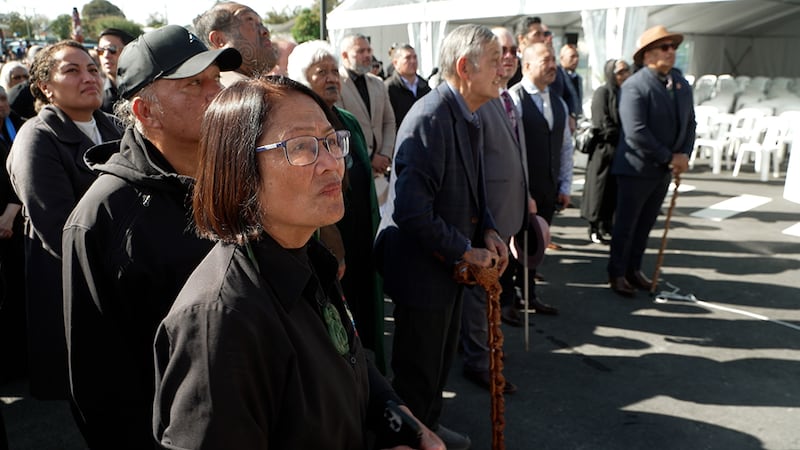A six-year journey towards addressing serious health inequities for Māori was realised yesterday with the opening of a new multi-million dollar health centre in Hamilton.
Kiingi Tuheitia opened the $12 million Te Kōhao Health Wellness and Diagnostic Centre in the heart of the Enderley community in East Hamilton. Kīngitanga spokesman Ngira Simmonds said Kīngi Tuheitia was honoured to open the new facility, which will address long standing health inequalities for Māori.
“As the king said during the Covid-19 pandemic, the health and wellbeing of the people is paramount, and this is the sort of initiative we need to look after our people,” Simmonds said.

‘Celebrating but concerned’
Chief executive Lady Tureiti Moxon was excited and overwhelmed that the iwi vision of a world-class wellness and diagnostic centre had come to fruition.
However, she remained concerned about the future of Māori health given the government’s scrapping of Te Aka Whai Ora, the Māori Health Authority, which helped champion the establishment of the centre.
“I am very disappointed that they are short-sighted and small-minded about what Māori can do and develop for themselves.
The fact is we have been re-assimilated back into a system that is the same system we had difficulties with previously and the inequities have grown and ballooned out of all proportion,” Moxon said.
Whānau Ora Minister Tama Potaka attended the first part of the day and spoke to media before leaving: “We love what Whaea Tureiti and others have done for the community of Enderly. We know Māori are doing it tough when it comes to statistics [in] hauora.” Potaka said.
More than twice as likely to die from preventable diseases
On average Māori have the poorest health status of any ethnic group in Aotearoa/New Zealand.
Māori are twice as likely to face discrimination in health and less likely to be referred for diagnostic tests.
“It is critical that Māori are seen when they need to be seen and diagnosed early because Māori are more than twice as likely to die from preventable diseases. The five biggest killers of Māori are cardiovascular disease, bowel, lung, breast, and cervical cancers,” Moxon said.
“We need to be proactive in prevention, and move away from constantly being in crisis mode, which has been the habitual pattern concerning our people for decades.”
Te Kōhao Health is hoping to change these outcomes by disrupting the historic continuum.


